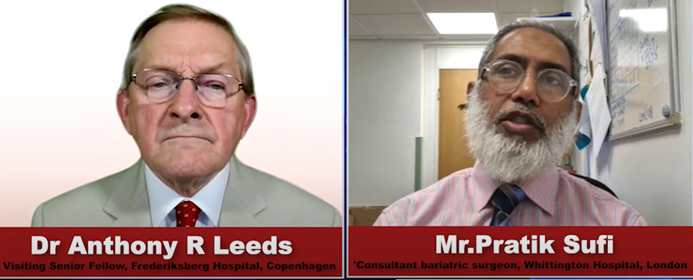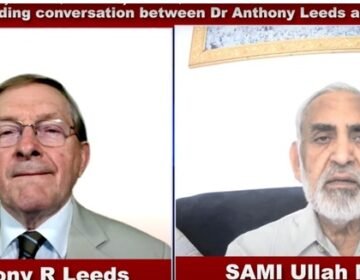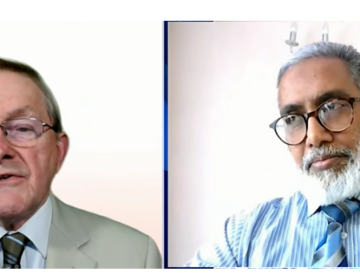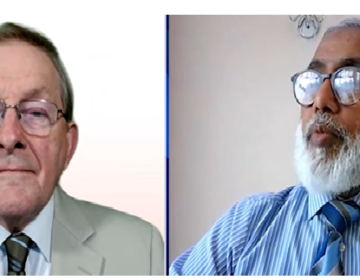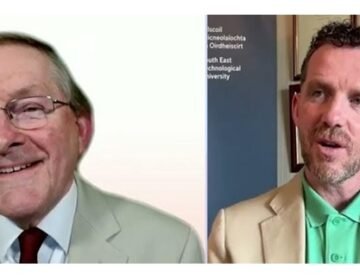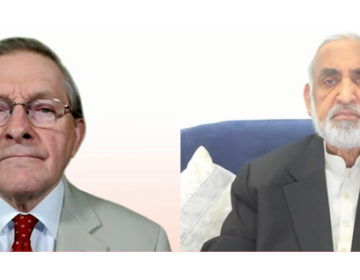Health chat with Dr Anthony R Leeds | Mr Pratik Sufi, Consultant bariatric surgeon, Whittington Hospital, London, England
The global scale of obesity and obesity related diseases is huge and ever increasing. There are over 650 million people with obesity and a further 1.3 billion people with overweight and 10.5% of the global adult population have diabetes. In the light of the vast numbers of people affected and the huge potential costs borne by health-care providers many proven methods of providing help to people with obesity are needed. These methods need to be effective, have a known safety profile and be cost-effective. Broadly these include safe, scientifically proven dietary methods, similarly safe and proven drug treatments, and surgical treatments, all delivered with effective lifestyle exercise, behavioural and psychological support.
In this episode Mr Sufi, a London-based bariatric surgery with whom Dr Leeds worked for a number of years, discuss the nature of different types of surgery particularly for those with diabetes. They also discussed other potential benefits for people with other comorbidities such as mobility issues caused by osteoarthritis and those with cardiovascular risk factors such as high blood pressure and high blood lipids.
Many individuals selected for surgery are affected by several different problems related to being too heavy, including diabetes, obstructive sleep apnoea (OSA – this will be discussed again in episode nine by Professor Lean) high blood pressure and osteoarthritis. They can therefore represent a challenge to the anaesthetist and the surgeon. Mr Sufi discussed the benefit of preoperative weight loss. A short 2-3 week low energy diet is often used to achieve reduction of liver fat and shrinkage of the liver – this makes the surgical procedure easier. Longer periods of weight loss can improve other problems such as sleep apnoea. Dr Leeds reminded viewers that a 15kg weight loss before surgery using a low energy formula diet can improve obstructive sleep apnoea and this makes the management by the anaesthetist much easier. Similar amounts of weight loss can improve the entire metabolic profile from blood lipids to markers of inflammation. Both Mr Sufi and Dr Leeds are surprised that more effort is not put into achieving weight loss before surgery in types of operation other than bariatric surgery where weight loss would reduce risks of surgery.
Mr Sufi described the evidence for good long-term outcomes after bariatric surgery – the extension of life expectancy and reduced risk of developing diabetes as well as symptom improvement in osteoarthritis and sleep apnoea.
In episode four in this series Dr Pournaras said that he thought that there would in the future be more bariatric surgery rather than less as more and more countries recognised obesity as a disease rather than as a ‘lifestyle choice’.
Mr Sufi noted that bariatric surgery was shown to be cost-effective particularly in people with recently diagnosed diabetes in whom health-care cost savings can be shown by three years after surgery.
Weblinks to useful resources are given below.
—ooOOoo—
International Diabetes Federation:
UK
Canada:
Pakistan:
India:
Diagnosis Abdominal Obesity and Surgery
–ooOOoo–

